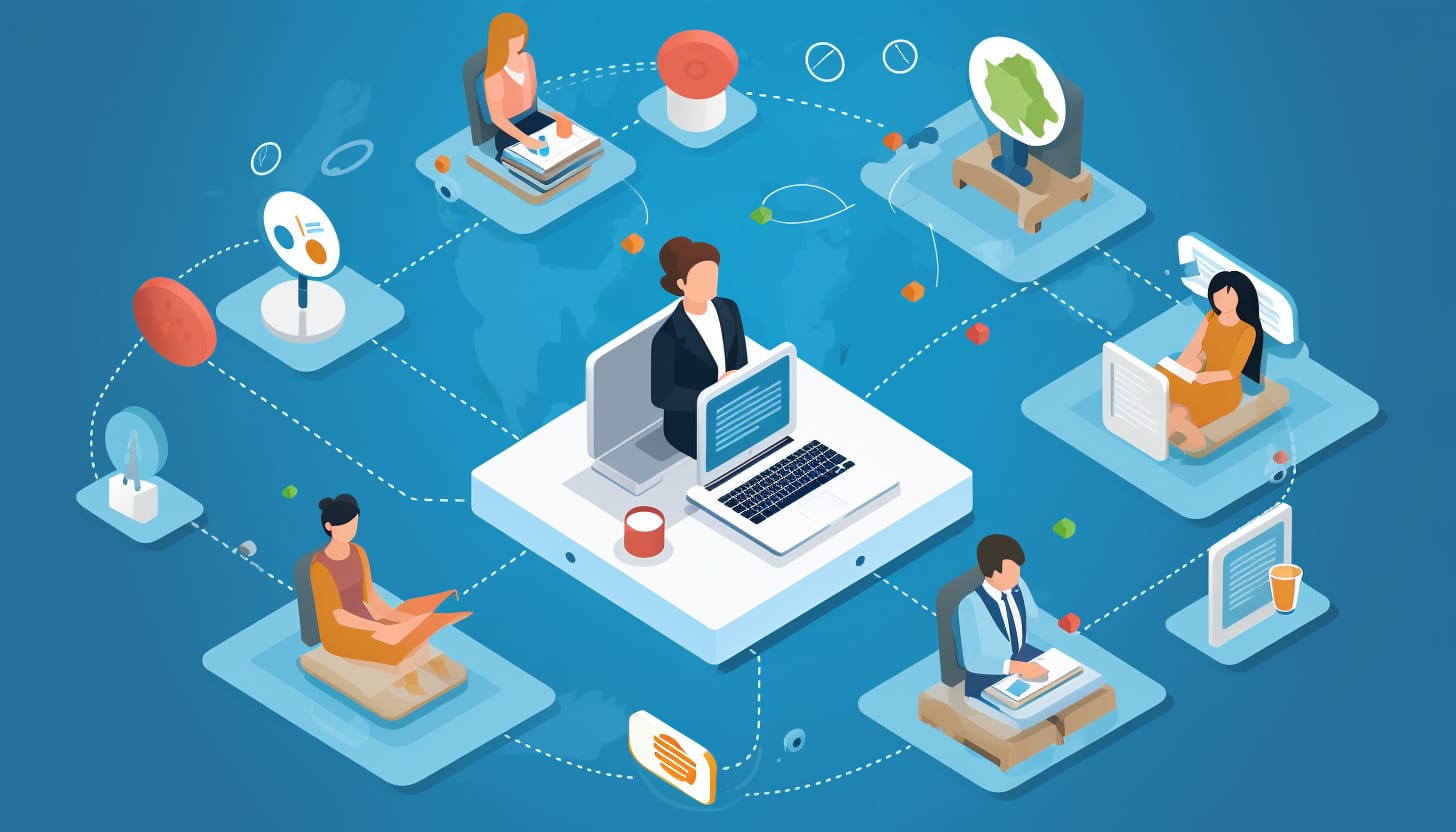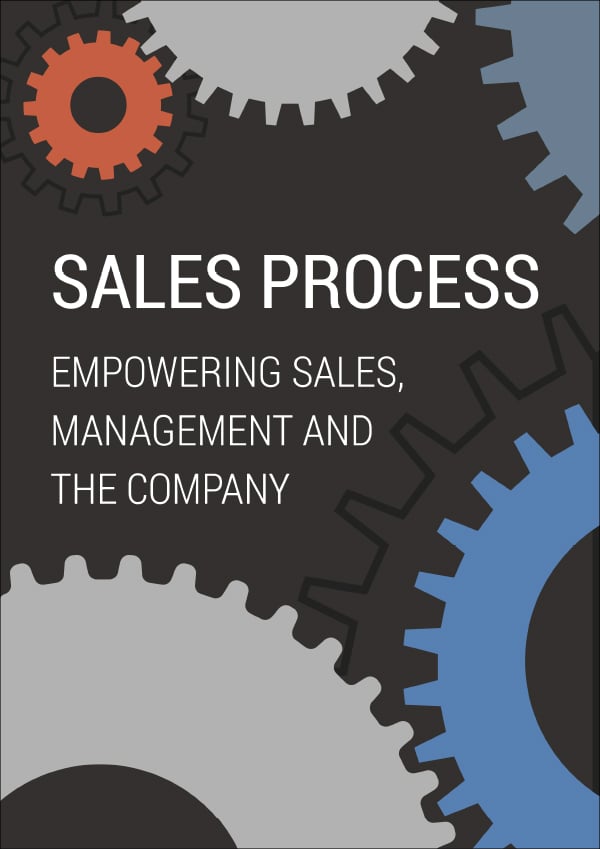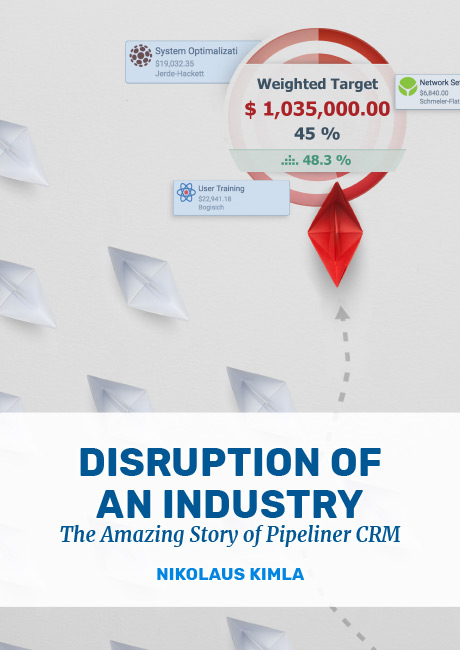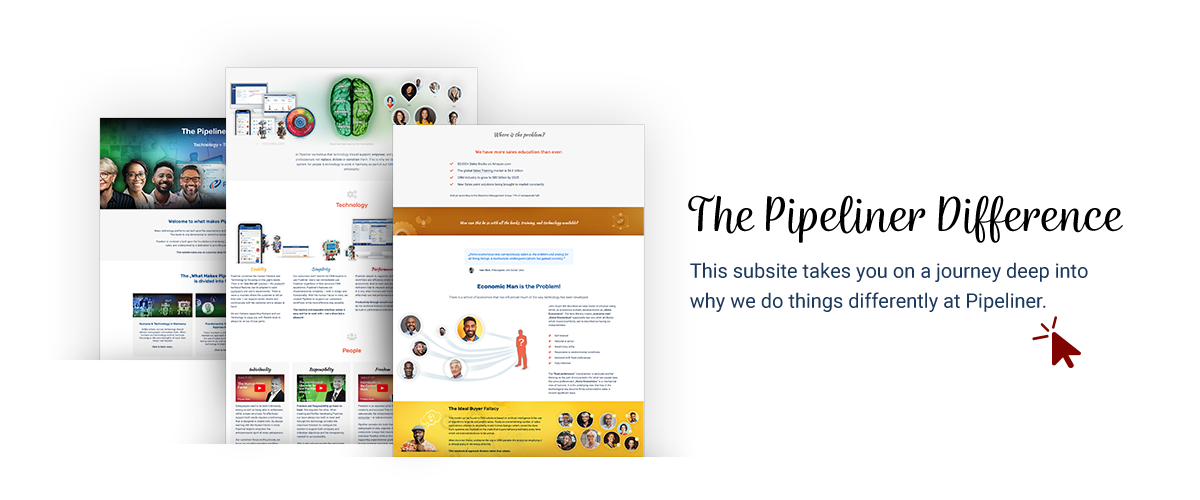What is CRM?
A Beginner’s Guide: What is CRM Software?
What is CRM
- What is CRM?
- Customer Relationship Management Software
- Account Management Software
- Contact Management Software
- Sales Lead Management
- Opportunity Management
- Sales Pipeline Management
- Customer Relationship Mapping
- Sales Enablement Tools
- Sales Management Software
- Sales Process
- Sales Reporting
- Task Management
- Custom Fields
- Team Collaboration
- KPIs for Sales & Leading and Lagging Indicators
- CRM Past Failures?
Overview
When we search Google for “What is CRM or CRM Meaning,” we get millions of results. Many of them are also quite complex. Today, this beginner’s guide to CRM Software explains the CRM definition and examines its benefits, its work, and its importance for businesses. It shows you how to choose the best CRM Software for your company and what features to look for.
CRM (CustomerCustomer Customer is an individual or an organization that purchases a product or signs up for a service offered by a business. Relationship Management) is essentially a tool for managing all of your company’s customers and potential customer relationships and interactions.
What is CRM Software?
CRM (Customer Relationship Management) refers to businesses’ principles, practices, strategies, and technologies to organize and study customer dealings and dataData Data is a set of quantitative and qualitative facts that can be used as reference or inputs for computations, analyses, descriptions, predictions, reasoning and planning. across the customer lifecycle. CRM improves customer service relationships, aids in customer retention, and drives sales growth. CRM works as a central hub for all data about your business contacts.
CRM includes bulk mailings and phone calls to the company website and emails. One way businesses respond to developments that help their bottom line is through social media. The entire purpose of a CRM is to provide a great customer experience and encourage repeat business so that a business can build a growing customer base.

Purpose of Using CRM Software
The key function of any large-scale customer information system is CRM, whether it is cloud-based CRM or CRM software that is installed internally on a server.
Spreadsheets, inboxes, or sticky notes are still frequently used by small businesses to keep track of clientClient A client is an entity who pays another entity for products purchased or services rendered. Also called a customer. interactions. These “systems” won’t be able to scale, though. As a result, if a business has 100 connections or more, now might be a good time to invest in a CRM system and learn what CRM software is and what it does.
In essence, it supports the development of long-term client connections for increased revenueRevenue Revenue is the amount of money a business generates during a specific period such as a year or a quarter; also called sales.. However, the fundamental principle of CRM is not to wring out more profits but rather to satisfy customers, who then become loyal to the brand and increase sales for the company.
The purpose of business is to create and keep a customer.
 Peter Drucker
Peter DruckerHow Does CRM Work?
You must first comprehend how CRM functions to appreciate its benefits.
Here is a summary of how CRM can assist you in managing sales from the time your leadLead Lead refers to a prospect or potential customer (who can be an individual or organization) that exhibits interest in your service or product; or any additional information about such entity. enters your sales pipelineSales Pipeline Sales Pipeline is a type of visualization showing the status of each sales prospect in the customer life cycle or sales process. through the point at which the purchase is made.
Users of CRM software may keep track of business and consumer interactions across various media thanks to its functionality. These channels include contact forms, emails, phone calls, and other means.
It is simple to enter data into CRM software. Existing data is imported manually from another CRM system or a spreadsheet. It is a quick export and import job that will take five minutes.
Furthermore, CRM systems include a lot of tracking options for tracking various online consumer interactions. CRM also automates routine tasks and provides managers with tools for tracking and measuring the company’s performance and efficiency.
Experience Pipeliner CRM Now
Benefits of CRM Software
CRM software can provide the following benefits to your business, depending on the CRM software you choose and the CRM features it offers:
Centralize All of Your Customers’ Information
Modern businesses obtain customer data from a variety of sources. Keeping customer data in spreadsheets, Filofaxes, or address books is nearly impossible. It not only takes a lot of time and effort but also increases the likelihood of missing important information.
CRM software collects and stores business data from email, social media platforms, phones, web forms, offline lead generationLead Generation Lead Generation is a set of activities aimed at generating interest around a product or service through methods such as 1. content marketing (blogging, podcasts, free downloads); 2. advertising (PPC, banner ads, Yellow Pages, sponsoring an event); 3. referrals (recommendations from existing customers and other people); 4. outbound marketing (cold email, cold calling), and 5. partnerships (joint ventures, affiliate marketing)., and other sources.
Connect CRM to the Business Silos of the Company
A centralized platform and process for managing client contacts across departments can be beneficial, but information silos are a major issue.
Staff members have the tools and information they need to manage client relationships across lines of business more effectively, thanks to a shared CRM. They also have access to customer interaction data from other departments. They may work more successfully and effectively to provide unified consumer experiences.
Easily identify and categorize leads
CRM software can help businesses quickly identify and add new leads, as well as precisely categorize them. MarketingMarketing Marketing is the field, set of actions, or practice of making a product or service desirable to a target consumer segment, with the ultimate aim of effecting a purchase. can identify leads that require additional attention and prepare them to become quality leads.
Improved Customer Service
Customers today expect prompt, personalized service at all hours of the day and night. A CRM system can help businesses provide the high-quality service that their customers expect. CRM systems make it simple for the customer support or customer successCustomer Success Customer Success is a proactive mindset, function, department or strategy commonly adopted by B2B companies to optimize business with customers, reduce churn rate, drive profits and increase the predictability of recurring revenue. team to communicate with customers and efficiently solve their problems.
Increase Sales Team Productivity
Modern CRM systems can automatically capture leads, move them down the sales funnelSales Funnel Sales Funnel is a visualization of the sales process that defines the stages through which prospective customers go through as they are led by sales professionals towards a purchasing decision. based on predefined criteria, and close deals with minimal sales rep involvement. This frees up your sales team’s time to focus on more important, money-generating tasks.
Saying, “I don’t have time for CRM.” is like saying, “I don’t have time to look at my GPS app because I am too busy trying to figure out the best way to get from here to there.”
 Bobby Darnell
Bobby DarnellWho Can Use CRM Software?
You have now learned everything about CRM. It is also appropriate to talk about who can use CRM software:

Sales Team
Using CRM software, they can build and manage sales pipelines, qualify leads, analyze past sales performance and forecast future ones, create reports, craft better offers, and convert leads into customers.

Marketing Teams
CRM software can help them segment their audiences and run more successful personalized campaigns.

Customer Support Teams
CRM software can be used to standardize the onboarding process, enable a proactive customer success approach, establish and foster client relationships, and provide more accurate solutions to customer problems.

C-suites
CRM data can help them make informed decisions about business strategy, productProduct Product refers to anything (an idea, item, service, process or information) that meets a need or a desire and is offered to a market, usually but not always at a price. development, and other topics.
Bottom Line
Pipeliner was well aware that CRM was not assisting salespeople. As a result, they decided to approach CRM from the bottom up rather than the top down. To put it another way, Pipeliner designed an app that would empower salespeople while also making CRM completely worthwhile for them.
Today, Pipeliner has fully realized this vision, providing “instant intelligence visualized.”
CRM solutions, in the end, provide deeper insights, increase client satisfaction, and assist you in selling more. As you contact each lead and customer, you will provide a personalized touch, which is the quickest way to happier customers.





